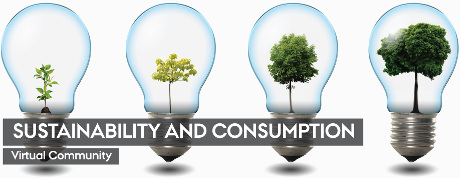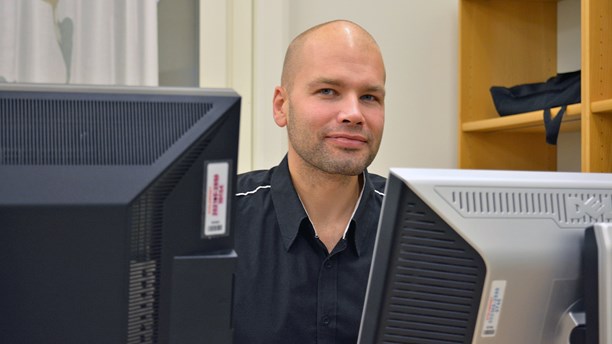Free IAAP membership
Free membership of the Virtual Community on Sustainability and Consumption
Frontiers in Environmental Psychology
Message from the Editor-in-chief
Dear participants of the 4th Summer School on Theories in Environmental Psychology,
In view of the environmental challenges we face currently, the need for advanced theories in environmental psychology is greater than ever. Yet, environmental psychology is typically viewed as an applied subdiscipline of our science, with little emphasis on the theoretical underpinnings of human behaviour. I think this has to change. Your summer school represents an important step towards realising this goal.
As you may know, the journal Frontiers in Psychology recently launched a new subsection on Environmental Psychology. The subsection offers unique opportunities to publish articles on theories, perspectives, hypotheses, as well as empirical studies, and perhaps it may serve as a potential outlet for the theories and ideas you will discuss during the summer school.
I warmly welcome your submissions, and if you would like to discuss potential submissions or ideas before submitting a manuscript, please feel free to contact me.
I hope you have a great time in Dublin!
Yours,
Patrik Sörqvist
Editor in chief of the Environmental psychology subsection of Frontiers in Psychology



